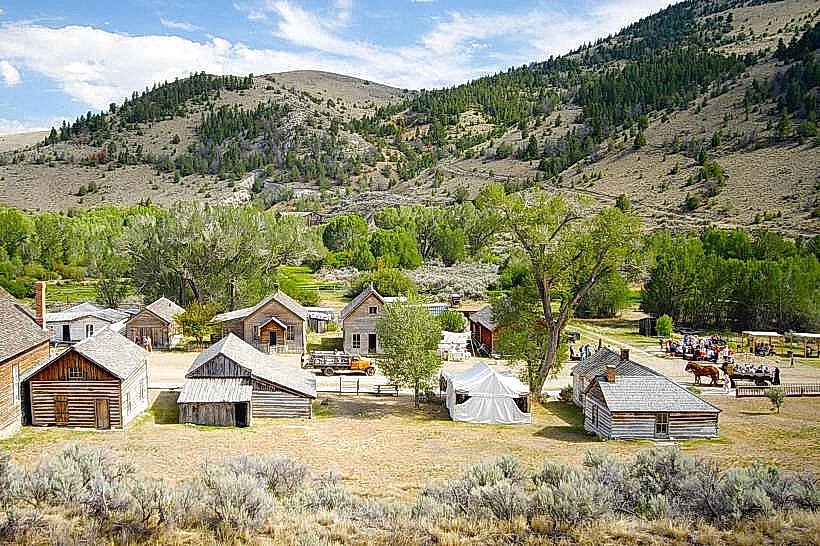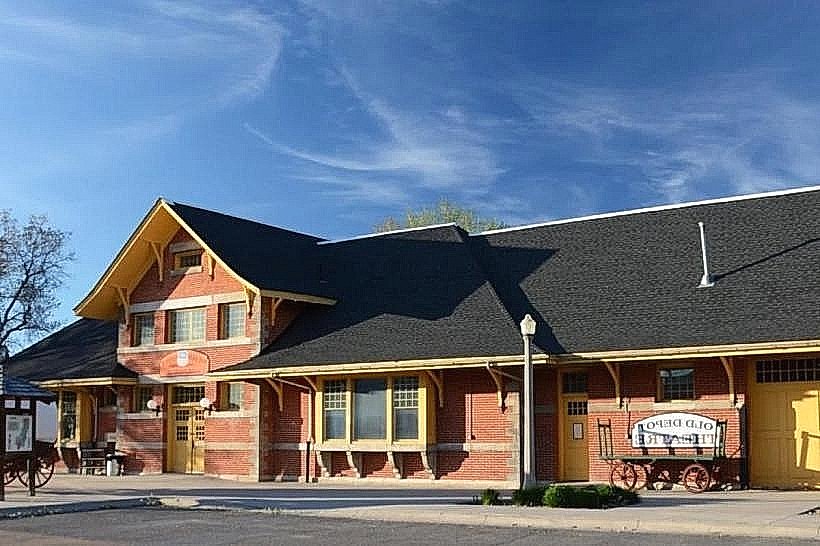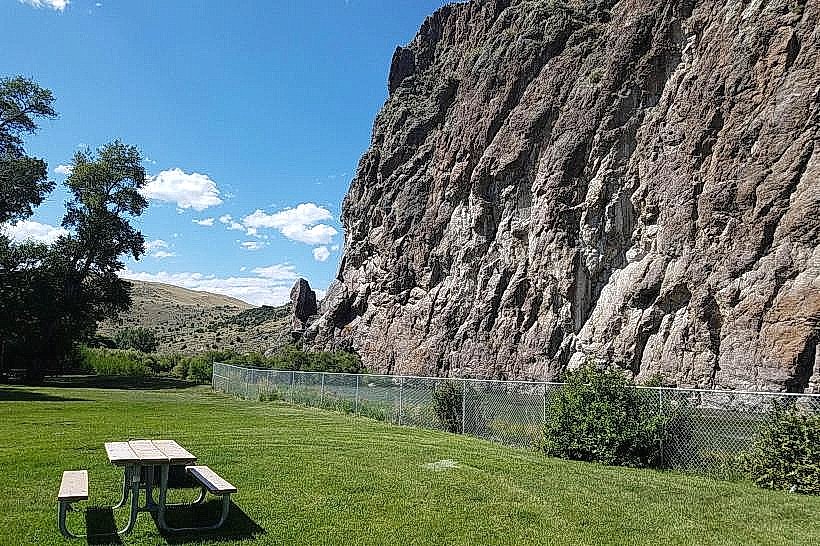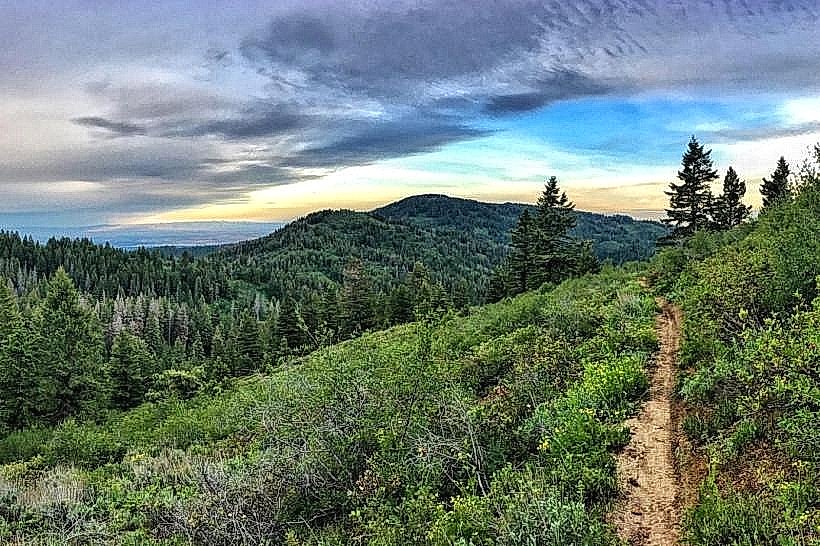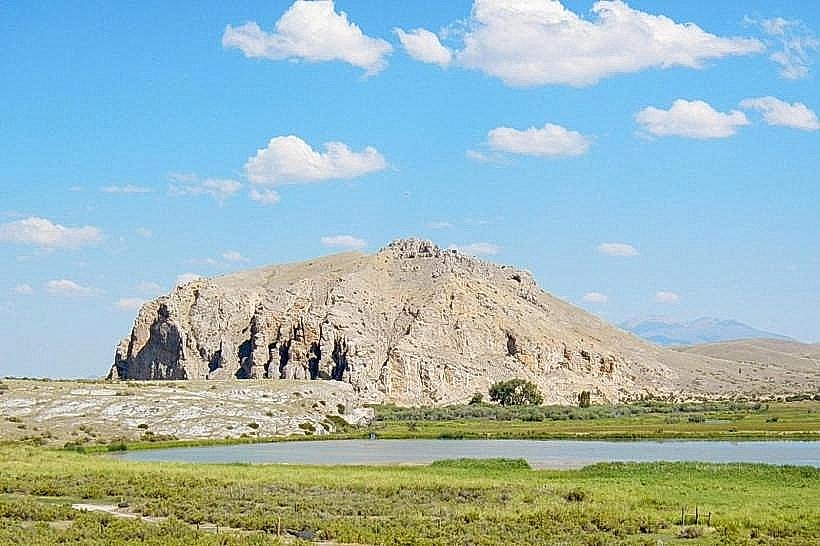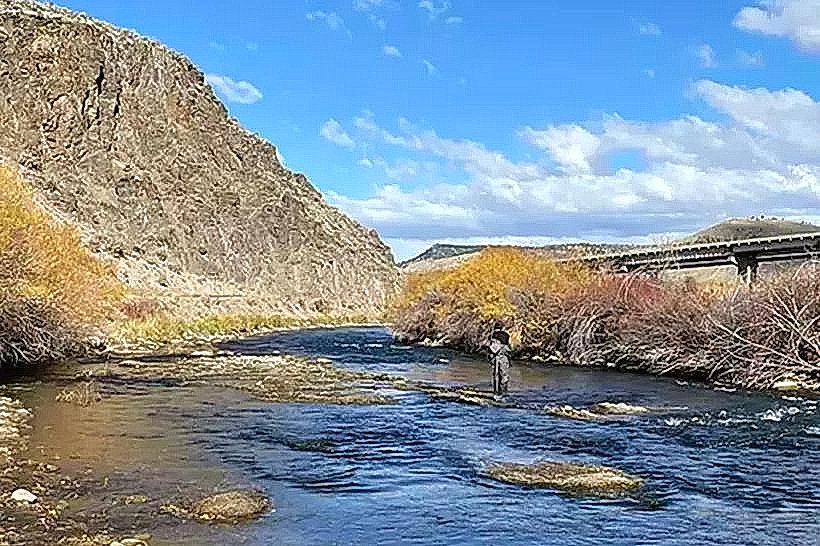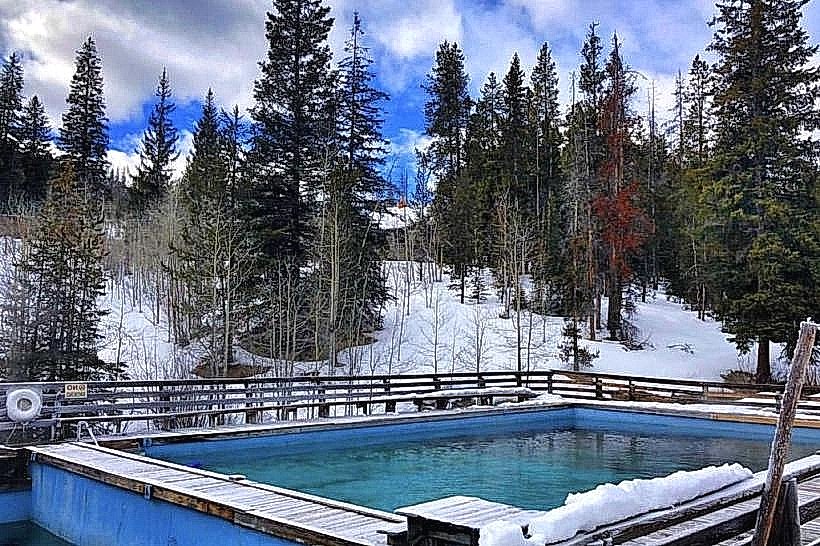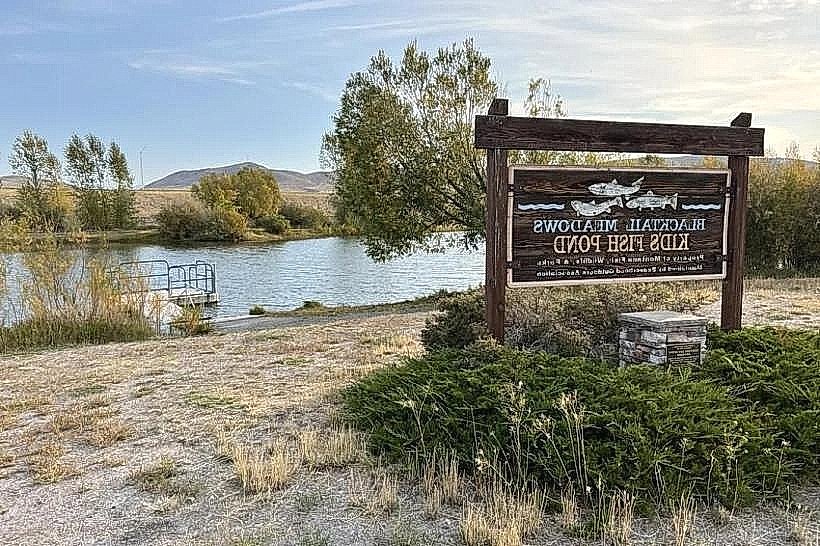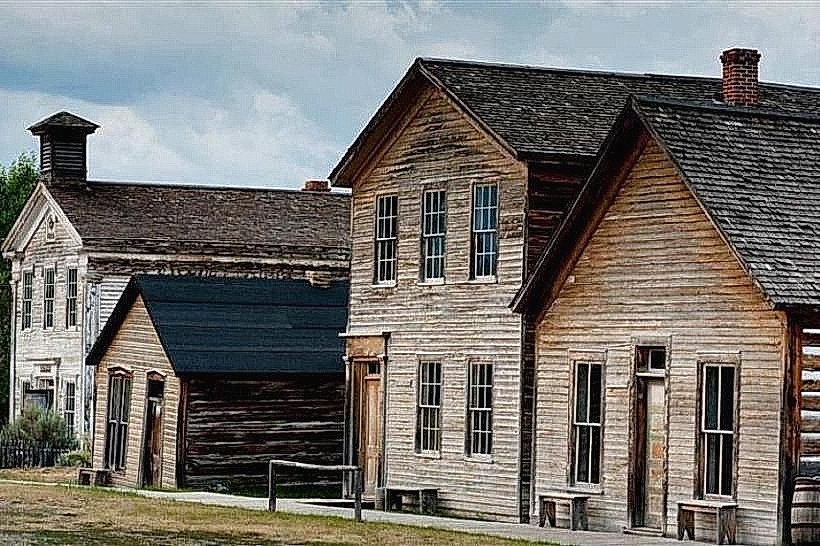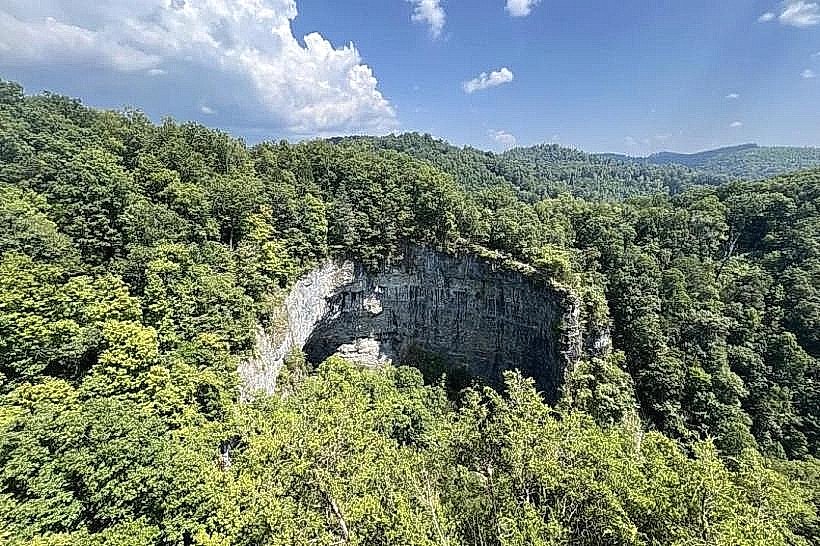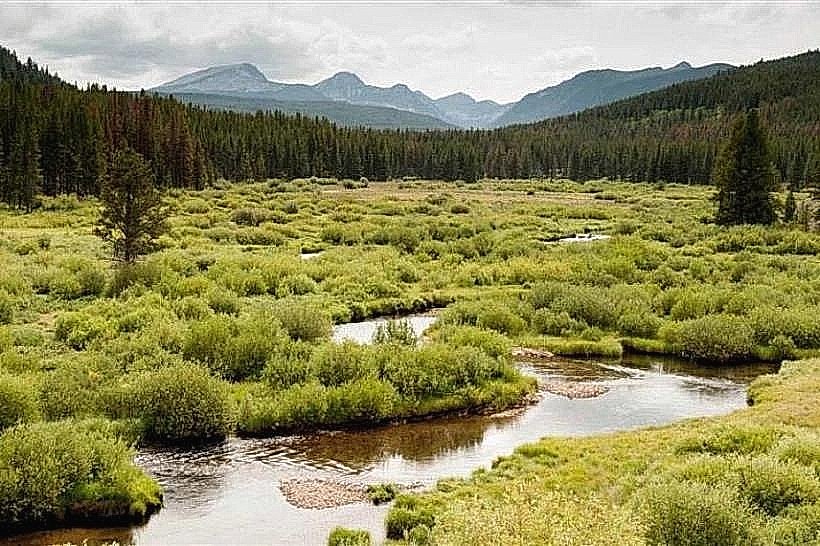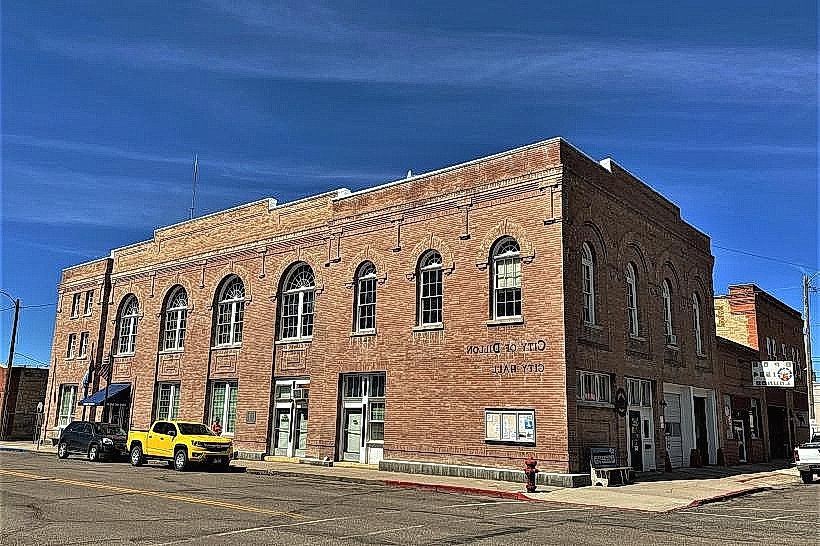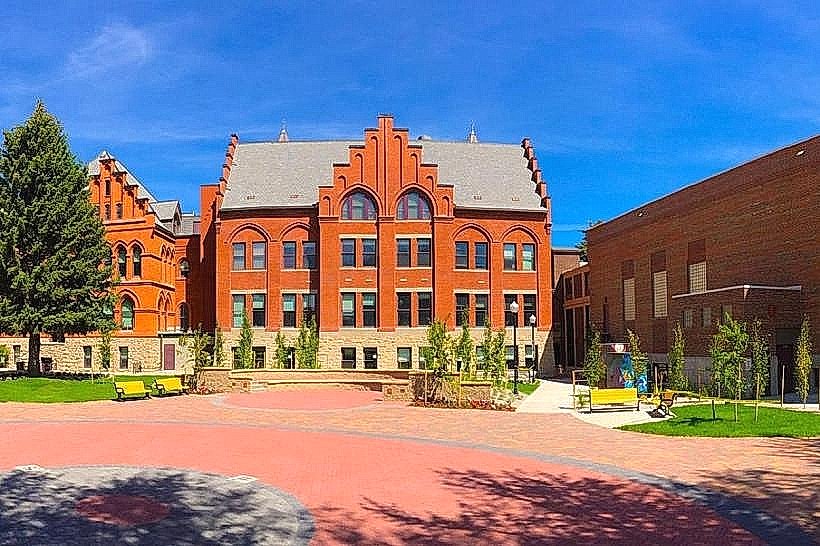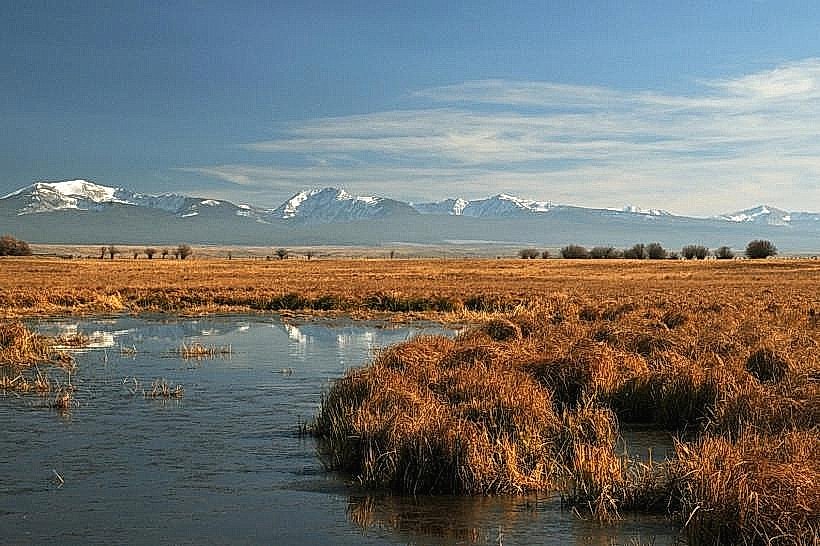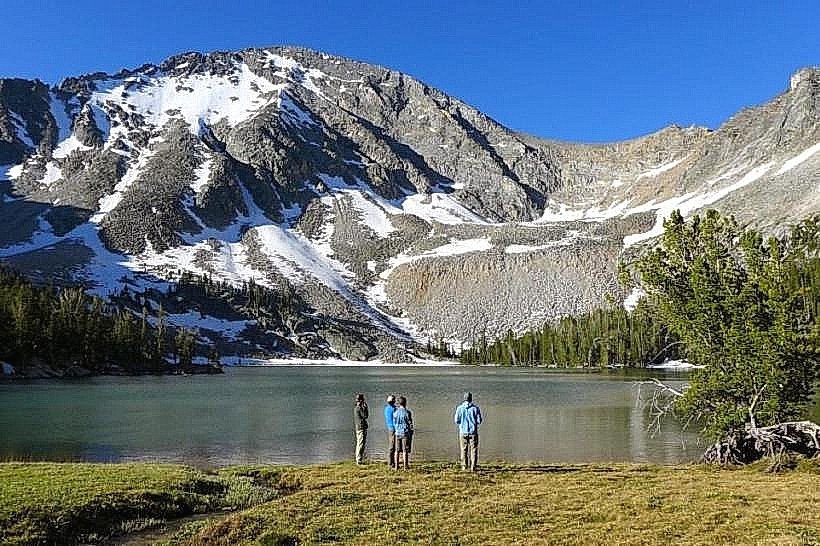Information
Landmark: Clark’s Lookout State ParkCity: Dillon
Country: USA Montana
Continent: North America
Clark’s Lookout State Park, Dillon, USA Montana, North America
The Estes Park Riverwalk is a paved pedestrian pathway situated along the Big Thompson River in Estes Park, Colorado. It provides access to the river and connects various points within the town.
Visual Characteristics
The Riverwalk is a concrete pathway varying in width from 6 to 10 feet. It is bordered by the Big Thompson River, characterized by clear, flowing water over a gravel and rock bed. The surrounding vegetation includes Ponderosa pine, Douglas fir, and aspen trees, with seasonal wildflowers. The pathway features several wooden bridges crossing the river at different points.
Location & Access Logistics
The Riverwalk begins near the intersection of Riverside Drive and Moraine Avenue in downtown Estes Park. It extends approximately 1.5 miles eastward. Access points are available from numerous parking lots in the downtown area, including the Riverside Parking Lot and the Elkhorn Avenue parking garage. Public transport is limited; the town's shuttle service (seasonal) may have stops near the Riverwalk.
Historical & Ecological Origin
The Riverwalk was developed as a municipal project to enhance public access to the Big Thompson River and revitalize the downtown area. Construction began in the late 1990s and has undergone several phases of expansion. Ecologically, the Big Thompson River is a natural waterway flowing from the Rocky Mountains, supporting a riparian ecosystem.
Key Highlights & Activities
Walking and cycling are primary activities. Fishing is permitted in designated areas of the Big Thompson River. Visitors can observe local wildlife, including elk and various bird species. Several shops and restaurants have direct access from the Riverwalk.
Infrastructure & Amenities
Restrooms are available at intervals along the Riverwalk, particularly near the downtown core. Benches and picnic tables are provided. Shade is available from mature trees. Cell phone signal (4G/5G) is generally consistent throughout the Riverwalk area. Food vendors and restaurants are located adjacent to the pathway.
Best Time to Visit
For photography, early morning or late afternoon light offers optimal conditions. The best months for comfortable weather are June through September. High water levels can occur in late spring due to snowmelt, impacting river accessibility in some sections.
Facts & Legends
A local legend suggests that the spirit of a Native American chief watches over the Big Thompson River, ensuring its continued flow. A specific tip for visitors is to look for the carved wooden elk located along the western section of the Riverwalk, often missed by casual observers.
Nearby Landmarks
- Stanley Hotel (0.8km Northwest)
- MacGregor Ranch Museum (2.1km West)
- Lake Estes (1.2km East)
- Estes Park Museum (0.6km Southwest)
- Old Fall River Road (Access point 3.5km West)


